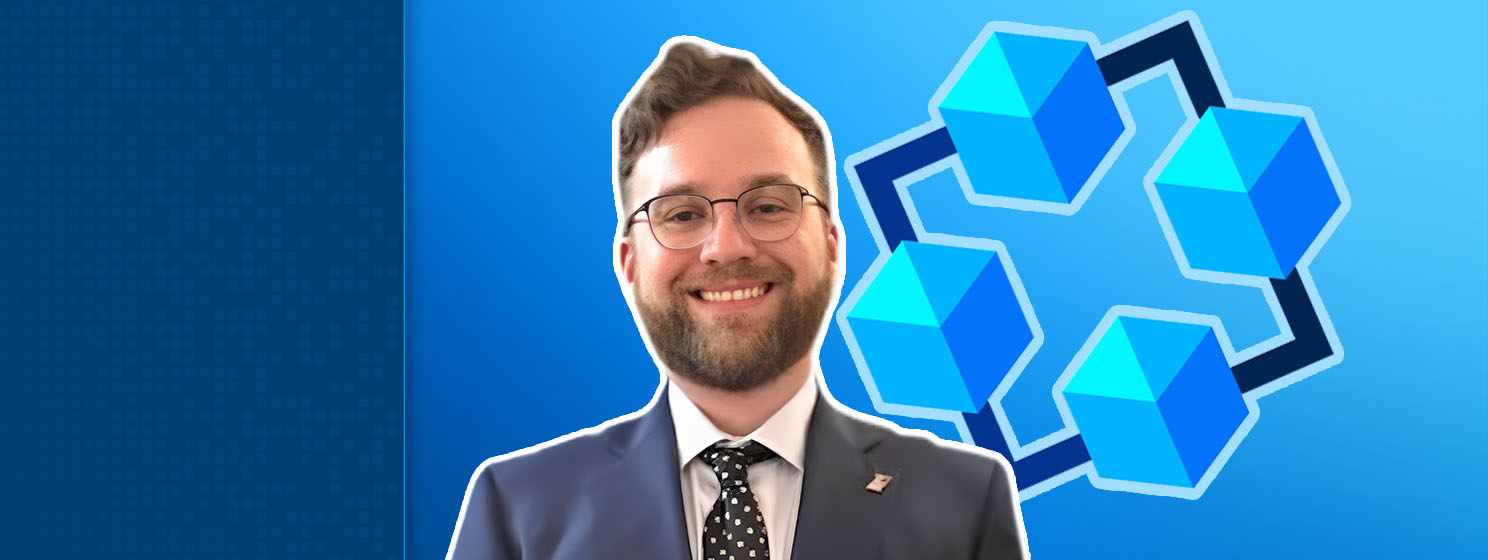|
Getting your Trinity Audio player ready...
|
Alexander Mann is a blockchain entrepreneur and Junior Public Affairs Advisor at the BSV Association. He founded Smart Grow Agritech to utilize Internet of Things (IoT) devices to improve agriculture, something he has a background in and is deeply passionate about.
Introducing Alexander Mann
Mann tells us a little bit about himself to kick things off; he has both tech and agriculture backgrounds, having been raised in rural America and worked in the semiconductor industry before returning to his roots. He returned to agriculture with a mission to harness technology to improve it. Besides founding Smart Grow Agritech, he is working with the BSV Association, showcasing what scalable blockchain tech can do for the agriculture industry.
These days, Mann is getting more and more involved in public policy. He started doing so locally in Virginia, connecting with Senator Saddam Salim, who was working on several blockchain bills. Mann is also working with SmartLedger’s Bryan Daugherty, who has been mentoring him.
In Wuckert’s experience, it’s essential to talk to mid-level staffers who later feed information to those above them. Mann agrees, highlighting how a single definition or even a comma in a bill can greatly affect how things turn out.
A big change toward blockchain in Washington
Speaking of politics, Wuckert points out the huge change in approach to blockchain tech between the previous Biden and the current Trump governments. He asks Mann if that change is evident through his public policy work.
Mann says it is, and while he opposed Biden’s red-taping of innovation, he feels a healthy balance between the two is required. The USA must embrace new technology to stay ahead of the curve, and the new administration’s approach will be good from that standpoint.
Is there anything Mann wishes they were discussing? He replies that this technology can improve healthcare, supply chains, agriculture, and many other facets of life. “Why aren’t we using it for that?” he laments, noting how blockchain can break down data silos and streamline efficiency.
Mann gives a deeply personal example of how these data silos can negatively impact lives; when his grandfather was taken to hospital recently, his assisted living facility had no easy legal way to pass his medical records on. Thankfully, his grandfather is still with us. Still, that inability to securely transfer medical records (personal data) from one institution to another could have turned out very differently for Mann and his family.The politicization of data and how blockchain can fix it
On the subject of data, Wuckert points out something he has mentioned many times before: some data is so politicized now that it’s difficult to tell the truth about anything. He gives the example of climate change: there’s no valid source that everyone will accept. He’d like his children to live in a world where everyone can look at 75 years of data gathered via IoT sensors and written to the immutable blockchain so they can reach a consensus about these matters.
Mann says that while this is true, it’s naïve to believe manufacturing has no impact on the environment. Many studies show how plants moving into an area dramatically impact flora and fauna. Evidence of toxic chemicals can almost always be found in soil, and everyday humans have a hard time imagining what that looks like at scale.
That said, Mann wants to see carbon credits, tree planting initiatives, and other carbon mitigation techniques linked to immutable blockchain records. So many corporations fake it, and it’s difficult to find out what they are doing.
Resistance to change and how individuals can get involved
Wuckert says he’s worried that, despite the awesome power of scalable blockchain technology, the toxicity of the culture around it, and the endless scams and schemes will cause regulators to tie the industry up in red tape and consider the financial aspects over the technology itself.
Mann says new technology always causes either curiosity or resistance, depending on the individual. There has always been a bell curve of adoption, from harvesters to the internet. However, the gaps between world-changing innovations are speeding up, and people have little time to adjust.
Let’s start conversations, talk about the technology in an informed way, and host meetups, etc. We need to make sure lawmakers understand how it can benefit people.
Individuals looking to get involved can use sites like LegiScan to keep track of blockchain bills nationally and at the state level and can give feedback. Mann also recommends getting involved in town halls and talking or writing to others about your views.
Watch | IoT & blockchain integration critical to solving climate change: Alison Gilliland

 02-20-2026
02-20-2026 




